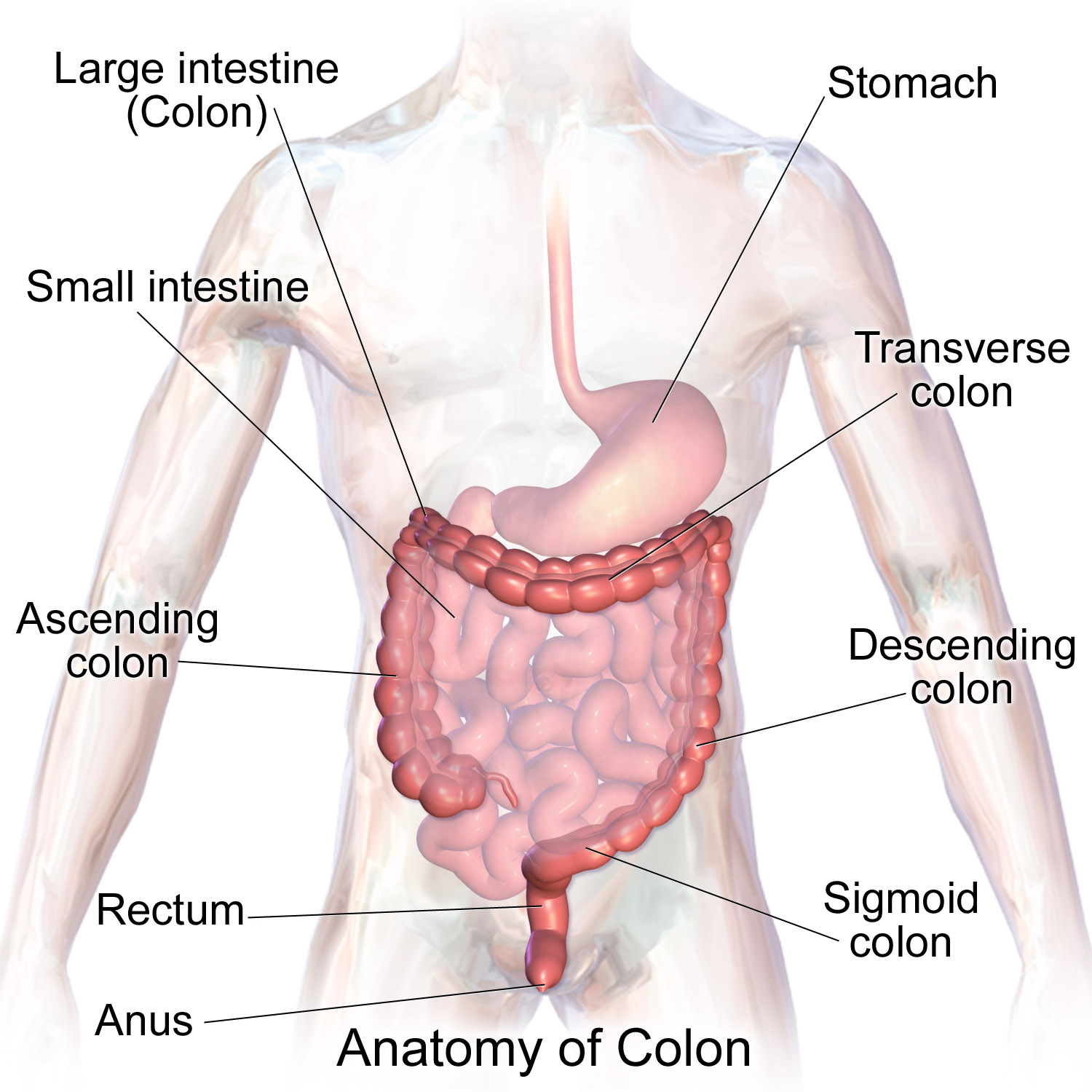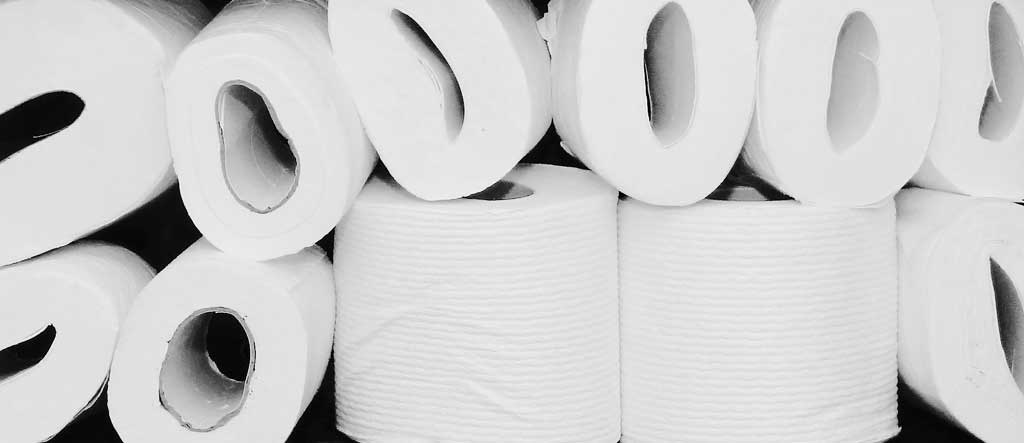Technically, if you are having less than three bowel movements a week, you are constipated. Ideally you would have a bowel movement for every meal you eat. However, for most people once or twice a day is the norm.
Common symptoms of constipation include:
- Dry, hard stools that are difficult to pass
- Abdominal bloating, cramps or pain
- Less than 3 bowel movements per week
- Incomplete bowel movements
- Lower back pain
- Migraine headaches due to compressed faecal matter pressing on the nerves connected to the head
- Skin problems and allergies
Constipation is a common problem and we all experience it at some point in our lifetime. However if it is not something we want to ignore, especially if it goes on for a prolonged period.
The word constipation comes from the Latin word constipatio, meaning crowding together, a dense crowd.
Causes and help for constipation
The most common cause for constipation is not drinking enough water. A human stool is composed of over 70% water and so it is essential for proper stool formation. Nutrients are absorbed from the food we eat in the small intestine, what remains passes into the large intestine, also called the colon or bowel. The colon absorbs water from this waste, resulting in the solid matter that is the stool. If waste sits too long in the colon the stool becomes dry, impacted, and difficult to pass.
Another common cause for constipation is a lack of dietary fibre. Fruits, vegetables, legumes whole grains and seeds are all high in dietary fibre. Eating more plant foods and less low fibre foods such as meat, and eliminating zero fibre foods like ice-cream and cheese will help. It is also important to maintain regular meal-times to promote regular bowel movements. Relax when eating, chew your food well and avoid drinking water with meals and an hour before or after meals.
A daily 30 minute walk will help to promote bowel movements. Walking massages the colon and helps waste to move along. Therefore, to maintain regular bowel movements we need to move regularly.
Many medications, especially anti-depressants and pain-killers cause constipation. Calcium channel blockers, steroids and anti-histamines are other known culprits. Recreational drugs and excess alcohol consumption can also contribute to constipation. Long-term use of over-the-counter laxatives can result in lazy bowels as your body comes to depend on them.

It is so important to go when you feel the need to go. Delaying bathroom visits means waste is sitting longer in the bowel drying out and becomes harder to pass. Sitting too long on the pot can put pressure on nerves in the perineum, which can cause temporary numbness. Straining and trying to push the stool out can result in haemorrhoids. If you have trouble passing a stool use a foot-stool to raise your knees above your hips, this improves your ability pass a stool easily.
Stress is a common factor in constipation; just ask anyone who suffers with Irritable Bowel Syndrome. If you have trouble letting go of stuff, people or traumatic experiences, it can be hard to let go physically. Changes in our routine, travelling, sleeping over in unfamiliar places can cause short-term constipation. The bowels are connected to the 1st chakra, which is all about belonging, belief systems, clearing stagnant energy and being rooted in the here and now.
Constipation can also be a symptom of other conditions such as Parkinson’s disease, hypothyroidism, diabetes, diverticulitis, and so much more. Generally, constipation is a symptom and not a disease in itself.
Herbal medicine excels in treating constipation
Whatever the reason, the good news is that herbal medicine excels in resolving constipation. There are specific herbs used in bowel formulae to cleanse, nourish and tone the colon. Herbs such as Cascara sagrada strengthen the muscles that moves waste through the colon. Anti-spasmodic herbs are used to relax the sphincter muscles and prevent cramping. Marshmallow is a gentle cleanser that soothes inflamed and delicate tissue. They are non-habit forming and help return the bowels to normal functioning.
Do not get used to being constipated.
If you notice that you are having fewer bowel movements or having to exert pressure or experiencing pain or bleeding, consult your doctor or herbalist. Some people are shy about talking of the bowels, there is no need; we all poop. What we want is to poop daily without any discomfort.
Related post:
Image source: Blausen.com staff (2014). “Medical gallery of Blausen Medical 2014
Toilet paper image adapted from: https://commons.wikimedia.org/wiki/File:Toilet_paper_pandemic_mania.jpg
